7 Best Home Server Software for Windows and Linux
8 min. read
Updated on
Read our disclosure page to find out how can you help Windows Report sustain the editorial team. Read more
Key notes
- Sharing files among users when you have a network of computers in the same place can take a lot of time.
- In case you need to transfer a significant number of files often between users, a home network will change your life.
- You should consider a home server for your devices to improve workflows and stream any file type.
- We compiled a list of some of the best home servers in the market to help you choose one, so keep reading.
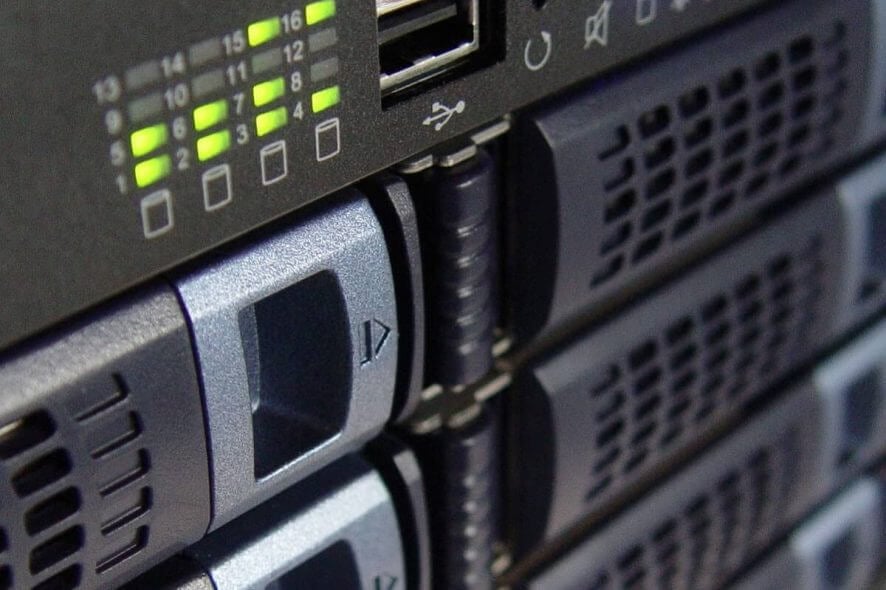
If you have a network of computers in your home, with files, and folders that are shared amongst all users, then you know how sharing these individually from one computer to another can be tedious and time-consuming.
This is why you need a home server – a computer with a hard drive that is connected to the Internet, runs 24/7, and acts as your physical file storage system. Thus, a home server allows each computer in your home network to easily and at any time access shared files and folders.
Like any other computer, a home server needs software to operate. In this article, we describe some of the best home server software you can buy to get you started.
What is the best home server software?
Windows Server 2019
- Robust media streaming capability
- Image-based back up of every computer daily
- It’s easy to manage your server
- You can restore single files or your entire PC
- Full remote support on your desktop
- Upgrades are not simple
This server software by Microsoft makes accessing your files and media from any computer in your home, whether you’re there or away.
Designed for homes and home-based businesses with multiple computers, this software helps you protect, organize, and connect all your media files in a central location.
With Windows Server 2019, you can also increase your storage capacity owing to its 64-bit functionality, which means you can add external hard drives or install add-ins to utilize your home network fully.
Therefore, this Windows server solution guarantees proof quality regarding file management and comes with a lifetime license for the user.
Amahi Home Server
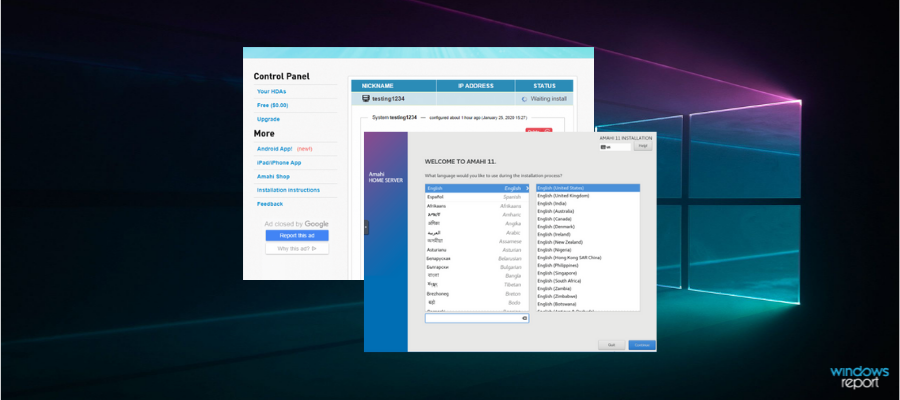
This home server software is designed for small spaces such as your home or small business.
Amahi is powerful, simple, and lets you stream and share your media files to all your devices, and screens. You can also manage all your storage needs, including entertainment content and other important files.
One of the advantages of Amahi is it comes with one of the largest app stores, through which you can extend your server to do anything you so wish with one click.
More so, such a great solution provides total software support for your devices by offering a server connection for all your hardware devices.
You can, therefore, organize all your data between home devices to create common storage for family use or maybe regarding essential business needs.
If you prefer creating or building your home server from a simplified context, Amahi is your best bet.
Pros:
- Cross-platform compatibility
- Available in over 20 languages
- Has a large media app and web app store
- It is a pre-built operating system
Cons:
- You have to buy some plugins
- Only supports PCs with a 64-bit processor
Ubuntu home server software
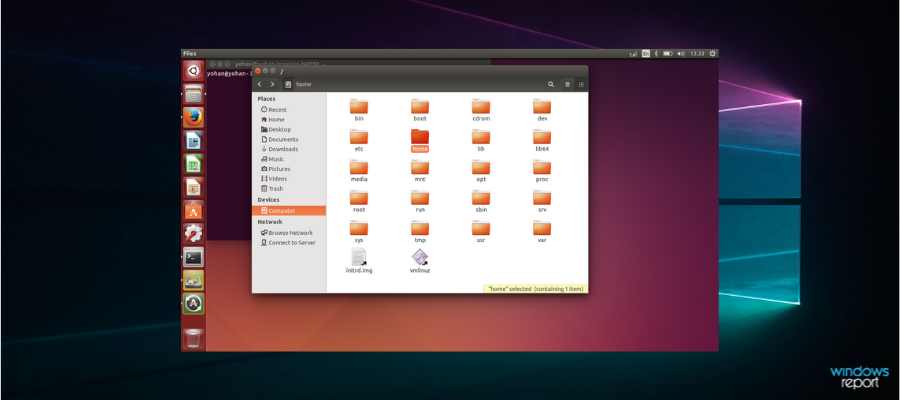
Ubuntu Server Edition is one of the top home server software worldwide and provides support for all your remote backup, file serving and media streaming needs.
It is known for its ease of use, an automated installation that makes it easier to install its components, rather than manually doing it, and comes with a host of applications to integrate your home server with your home network.
Through the Ubuntu Advantage service program, customers resolve their problems quickly and have direct access to Ubuntu experts through their world-class support system.
You can access Ubuntu Server in various ways, such as virtual machine installation, manual installation, or automated server provisioning.
Thus, if you require reliable server support for your home devices, this open-source server provider will surely help any user manage file batches with ease.
Pros:
- World-class support
- Ease of use
- Deploys anywhere
- Speed and simplicity
- Agile and secure
FreeNAS home server software
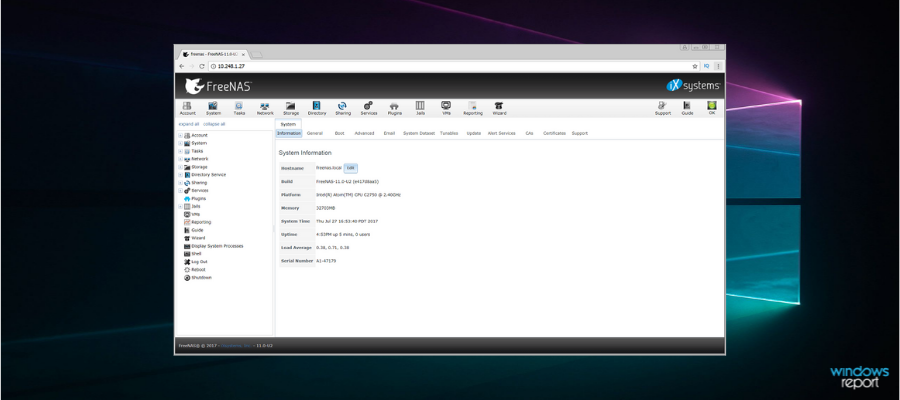
This home server software is an operating system that creates a centralized portal for easy access to your files and data.
FreeNAS can be installed on any hardware platform and is used with ZFS – a highly flexible, enterprise-ready open-source file system that eliminates most of the shortfalls of legacy file systems.
Some of the salient features of FreeNAS home server software include:
- File sharing: FreeNAS offers file sharing support such as SMB/CIFS (for Windows), NFS, AFP, FTP, iSCSI, WebDAV, among others.
- Data protection: Together with ZFS, which is designed for data integrity and offers single parity blocks that repair corrupt data, FreeNAS provides data protection so you can rest easy knowing your files are secure.
- Encryption: With FreeNAS, you can create passwords for extra protection against loss or theft.
- Snapshots and Replication feature: With FreeNAS, you can also get snapshots of the whole file system, and see them anytime. Snapshots help you access your files just as they were at the time the snapshot was taken, plus previous snapshots can be accessed or duplicated to recover the data from file systems – just like local backups.
- Web interface: FreeNAS has a user-friendly web interface that is simple, and makes complex administrative tasks easier to handle for just about anyone.
- Backup services: FreeNAS offers back up support services for Windows and other operating systems.
- Plugins: With FreeNAS, you get a myriad of plugins including support for Bit Torrent, Couchpotato, Gamez, and Plex, among others. However, you can also write and distribute plugins for whatever you want like media streaming or web applications – it’s limitless.
You can use FreeNAS home server software at home to protect, backup, and store all your data.
Pros:
- User-friendly web interface that anyone can use
- It is free
- It is a pre-built operating system
- You can run it from a hard drive, optical disc, or even a flash drive
- Improves workflow
- Flexible system
- Uses little RAM requirement (96MB)
- No storage limits
OpenMediaVault
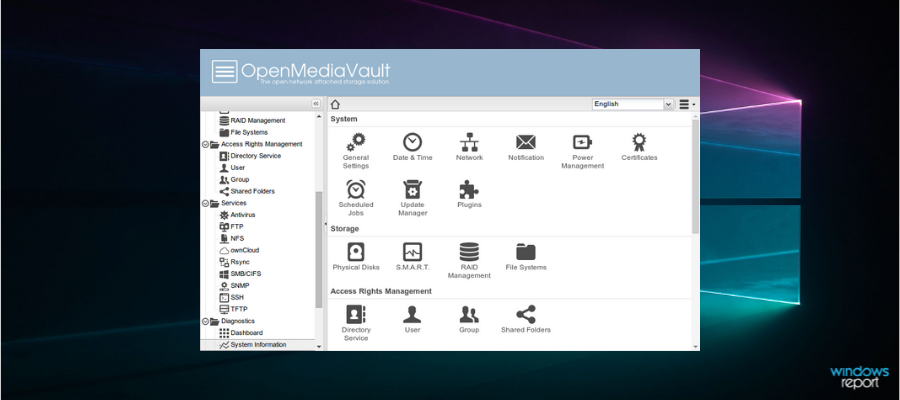
This software is a network-attached storage (NAS) solution based on the Debian Linux system.
This tool includes multiple system services and works as a plugin as well. You can perform certain services with this modular interface, such as SSH, SFTP, OR DAAP media servers.
The target of OpenMediaVault software implies small businesses or small home office firms that need to manage files smoothly and access files using network storage.
Furthermore, this service is running online, so users can use it freely for file sharing, email notifications, link aggregation, or volume management.
Hence, if you need reliable, out-of-the-box software that will greatly help with your media server needs, look no further than this.
Rockstor
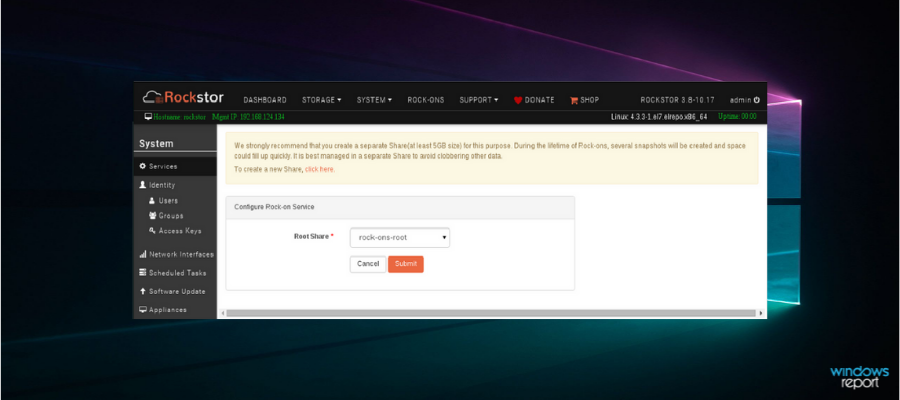
The next solution on our list is Rockstor, a personal server service that helps you instantly store and access data.
This tool offers support for Linux servers and BTRFS in data management, in addition to other devices’ storage. Thus, you can set up a private cloud server to manage or share your files without limitations.
Hence, it’s possible to benefit from safer file access because you can sort out lots of information with no need for multiple devices or extensive memory cards.
In addition, by choosing this option, you will reduce costs for extra storage, scale up privacy and performance, and access your data anywhere you are from mobile devices.
Such practical software is probably the ideal option compared with public cloud storage. That is because it offers stronger privacy, cost reduction, anti-theft protection, and more.
Therefore, there’s no need to rely on other average programs when you hold a private cloud storage solution like this.
ClearOS home server software
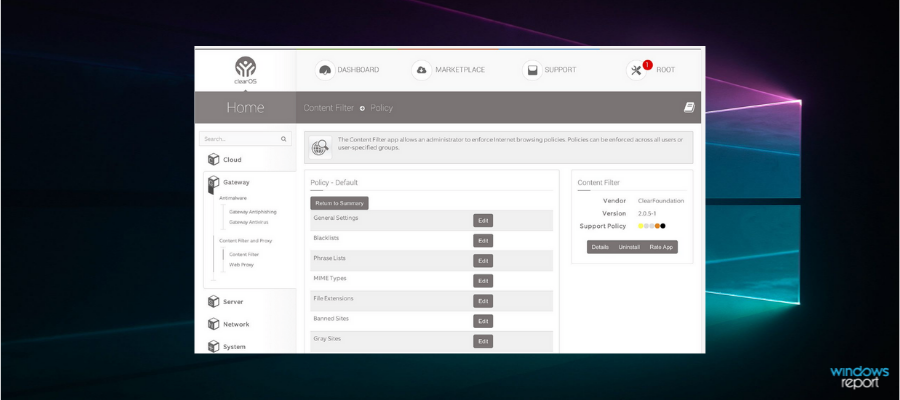
This open-source platform integrates free open source technologies in order to deliver a simple, low-cost hybrid experience for your home network.
Free open-source technologies allow you to enjoy the ClearOS home server experience but only pay for products and services you really need.
What makes ClearOS home server software special is this element of integration. Still, it also provides user-friendly, easy-to-use, and intuitive web-based graphical user interfaces for fast, easy setup and installation.
The built-in, growing online app store – Marketplace – delivers over 100 apps and services, so you get to enjoy a free collection of apps while paying for, downloading, and installing only the apps you really need.
Pros
- Available in over 80 languages
- Easy to set up, install, and use
- Comes with a free downloadable version
- You only pay for apps you really need
- Growing online app store
This brings us to the end of our list. If you still haven’t decided which tools to install, read the description of each software again, and select the one that best suits your needs. However, if you’re on a budget, check out the cheapest Windows servers.
If you’ve used other home server software that you think we should add to our list, let us know in the comments below.
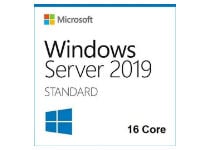
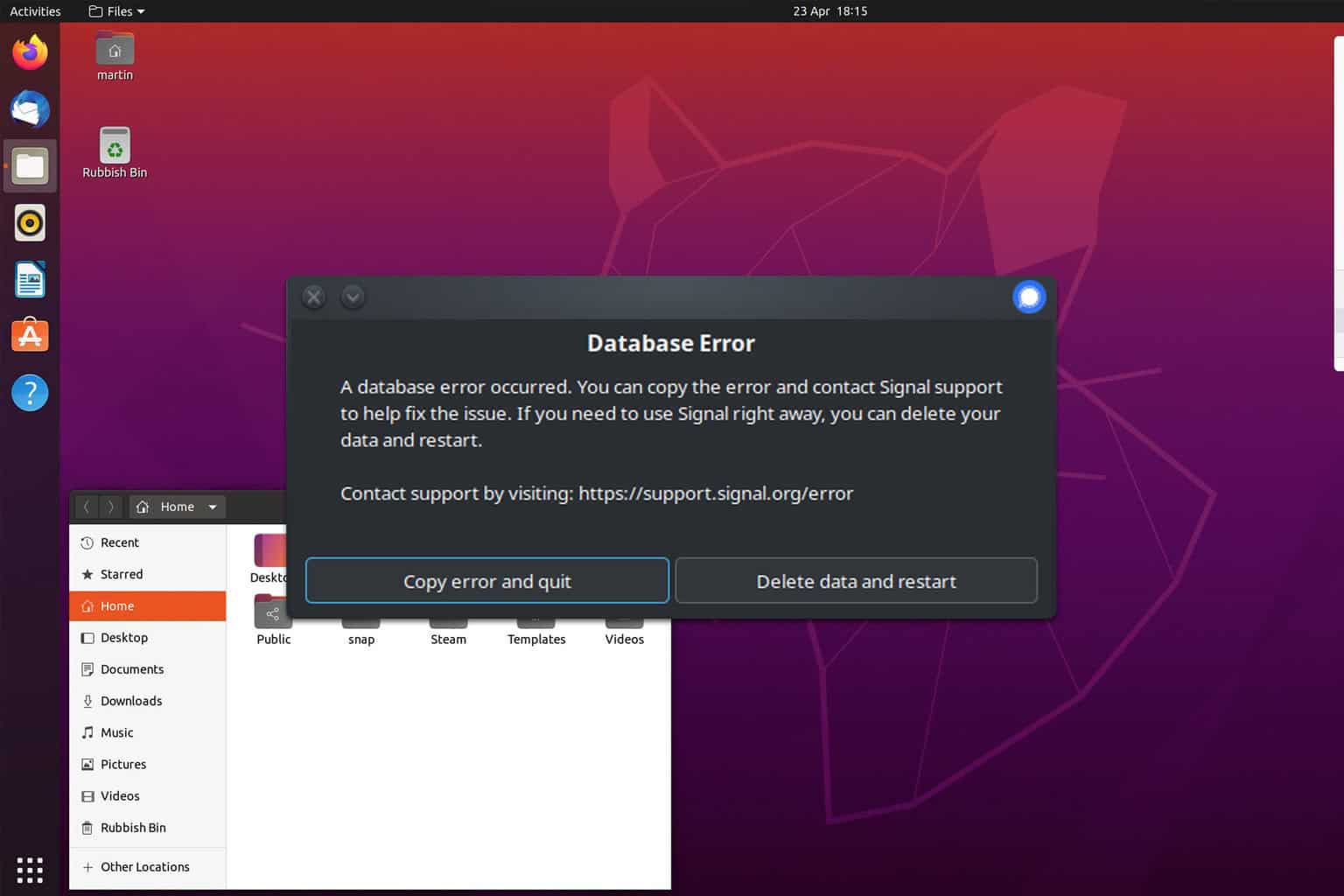
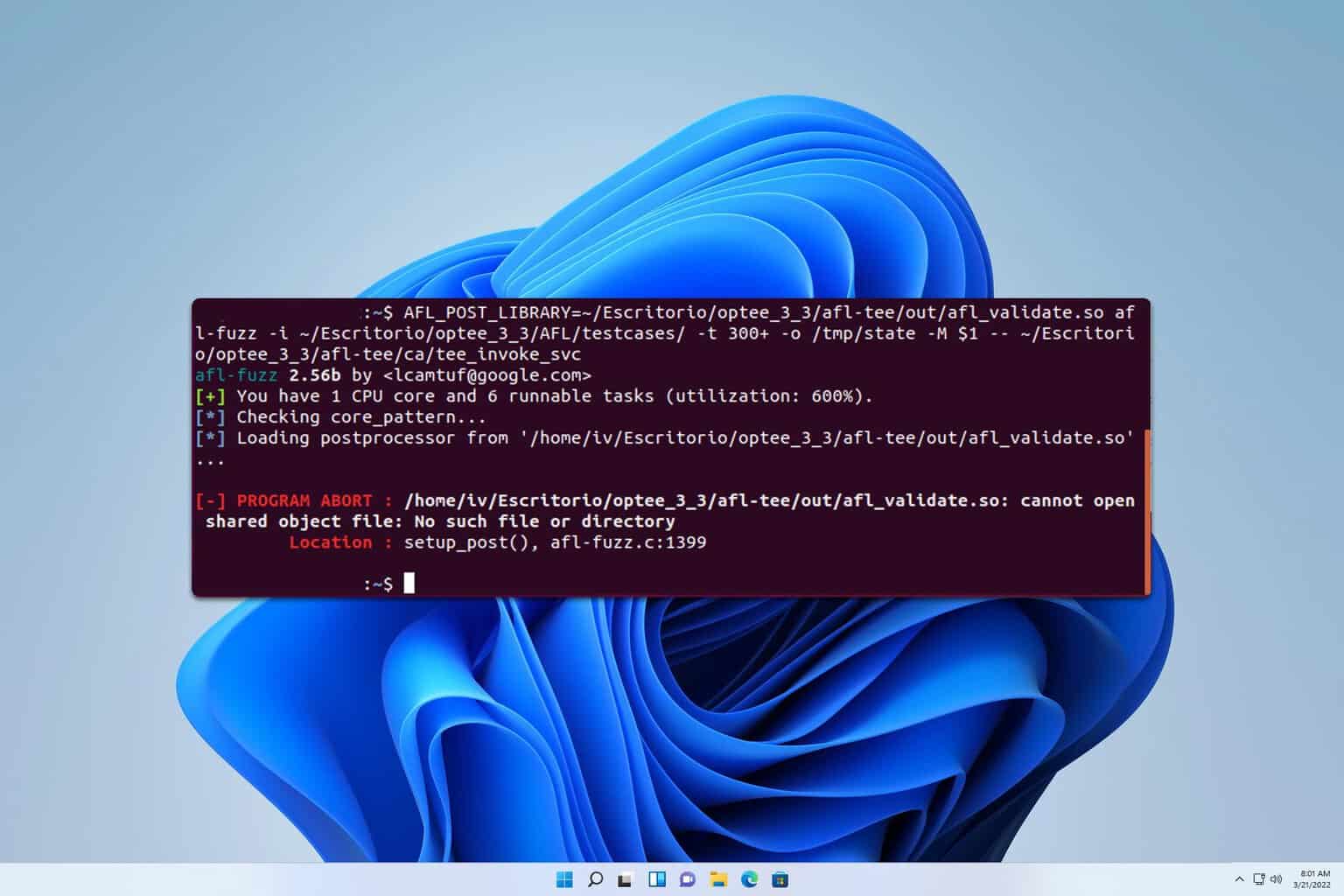
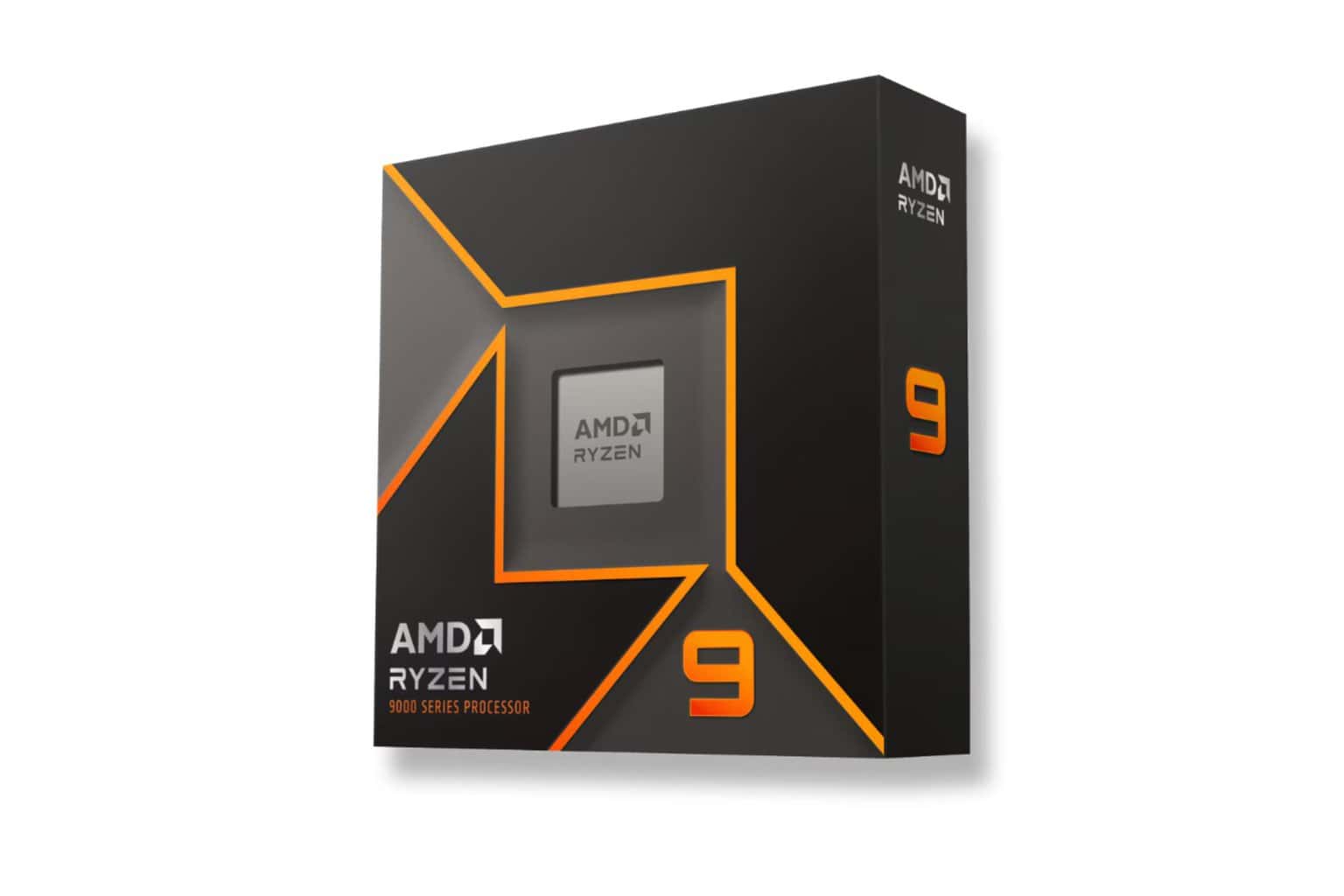
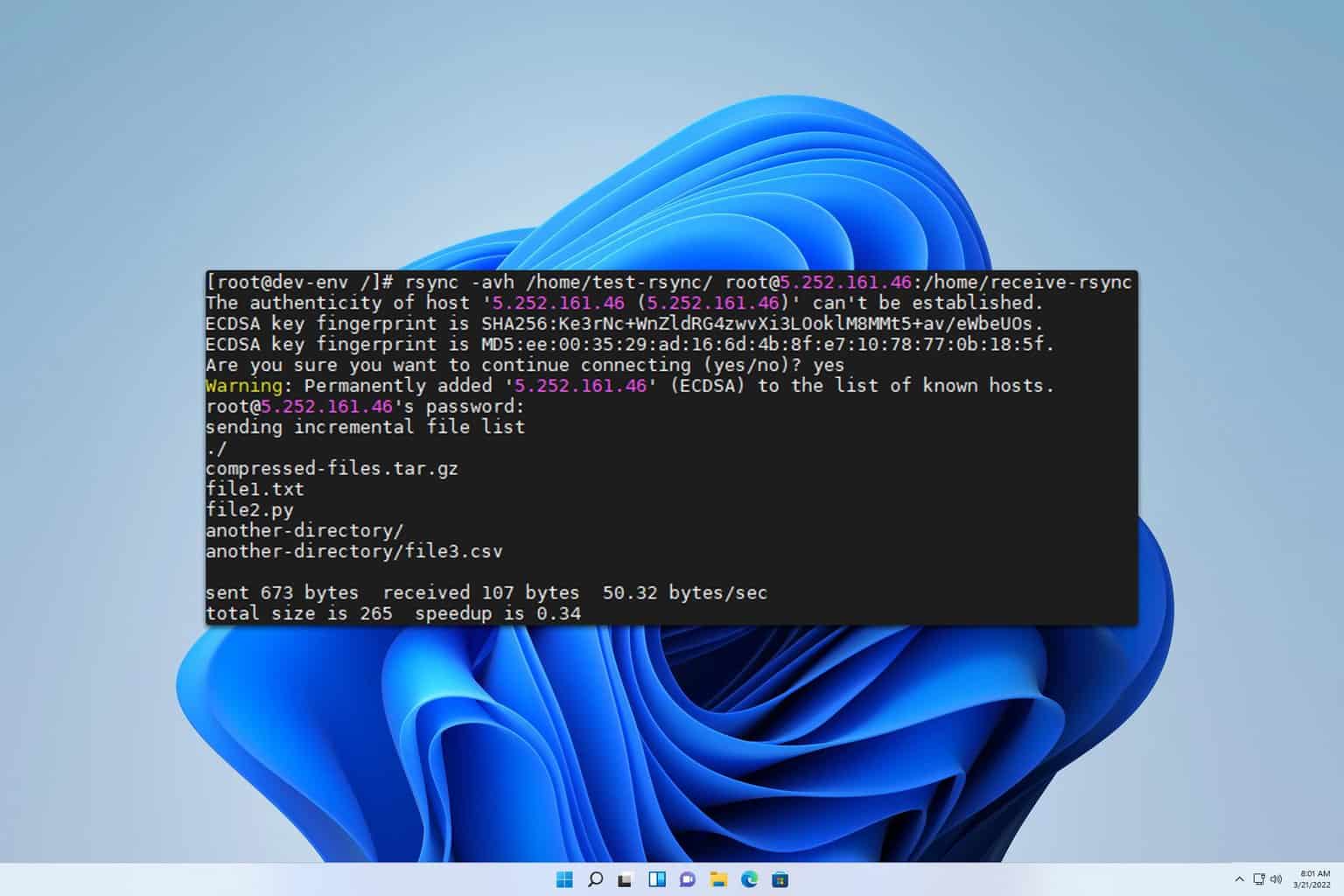
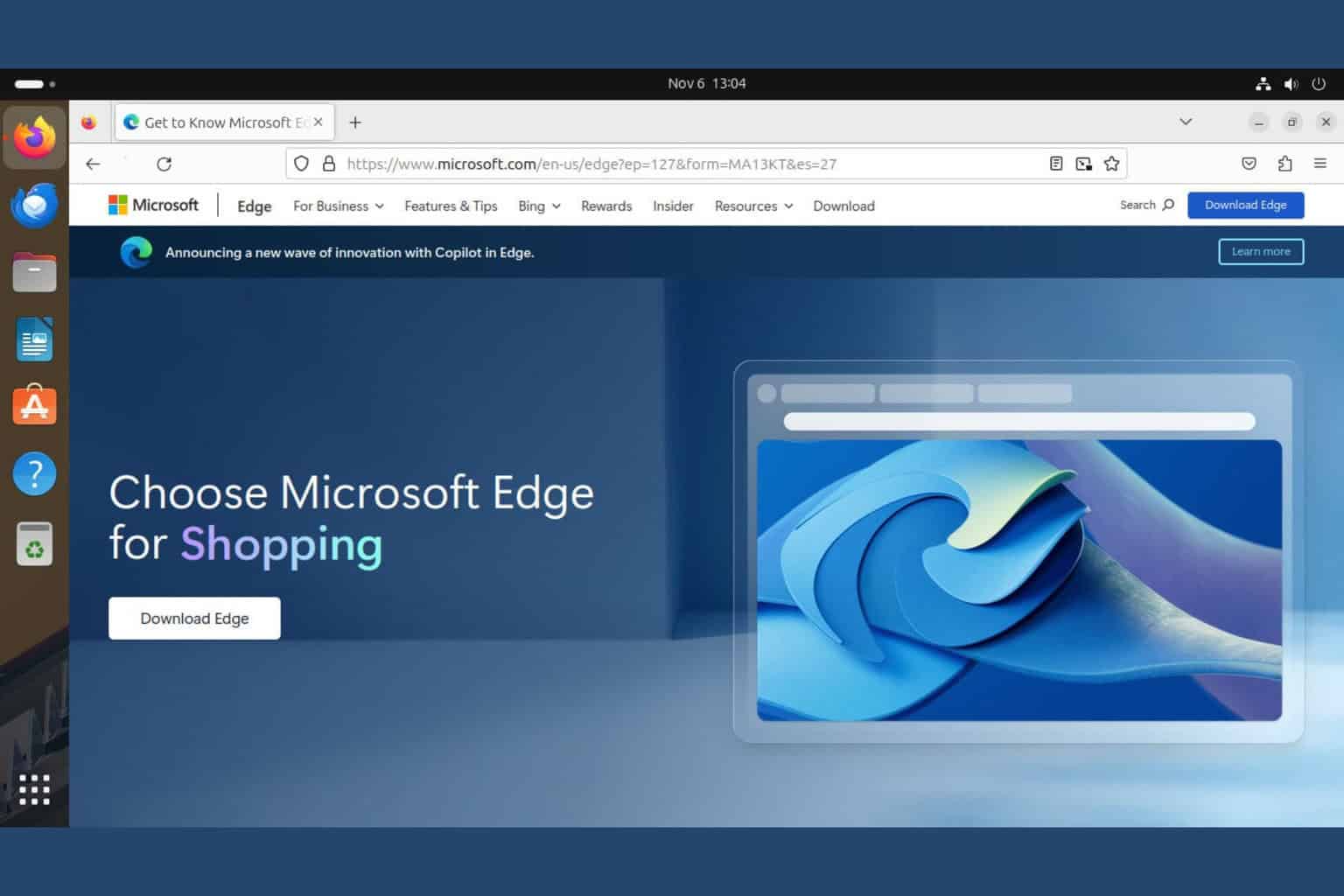
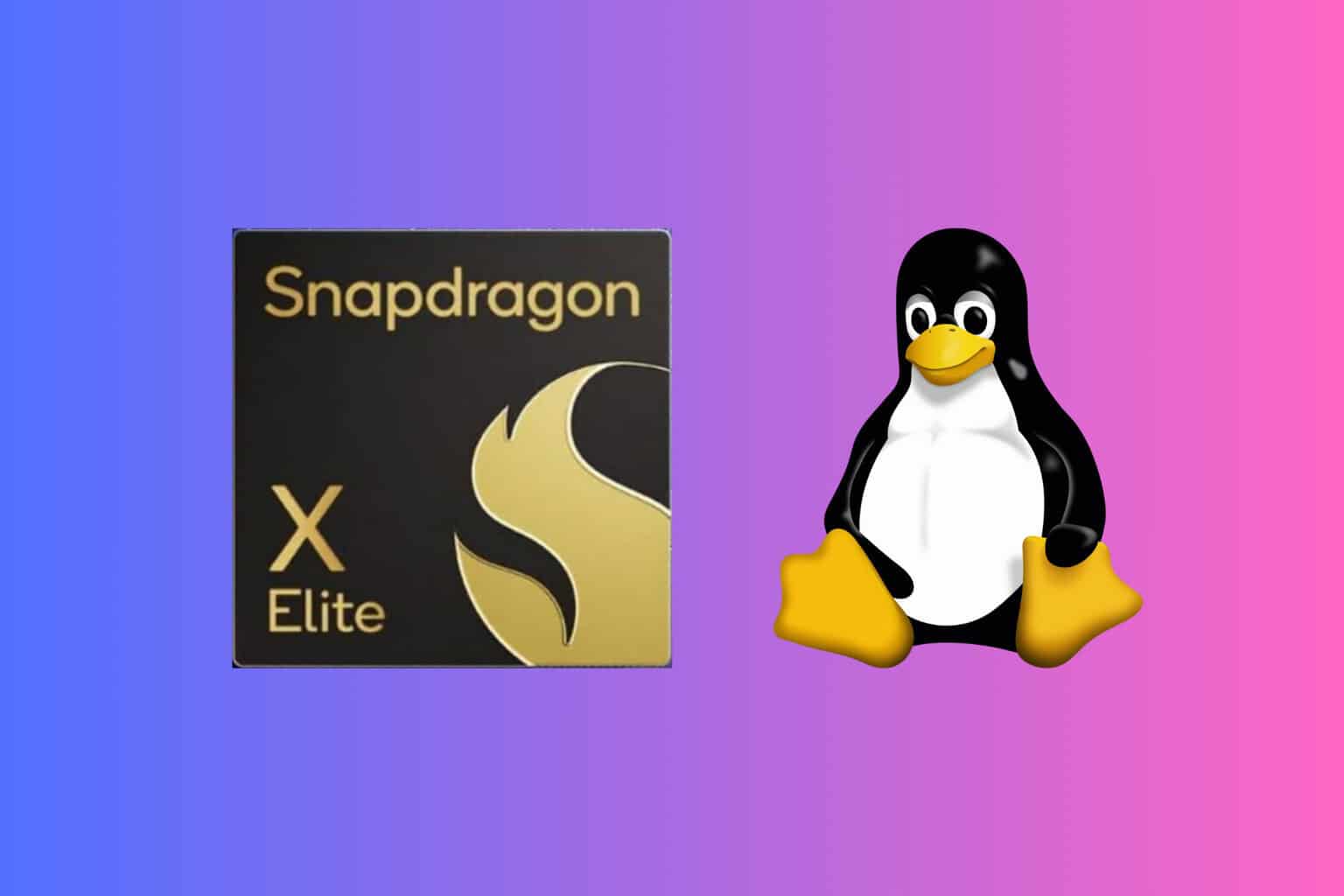

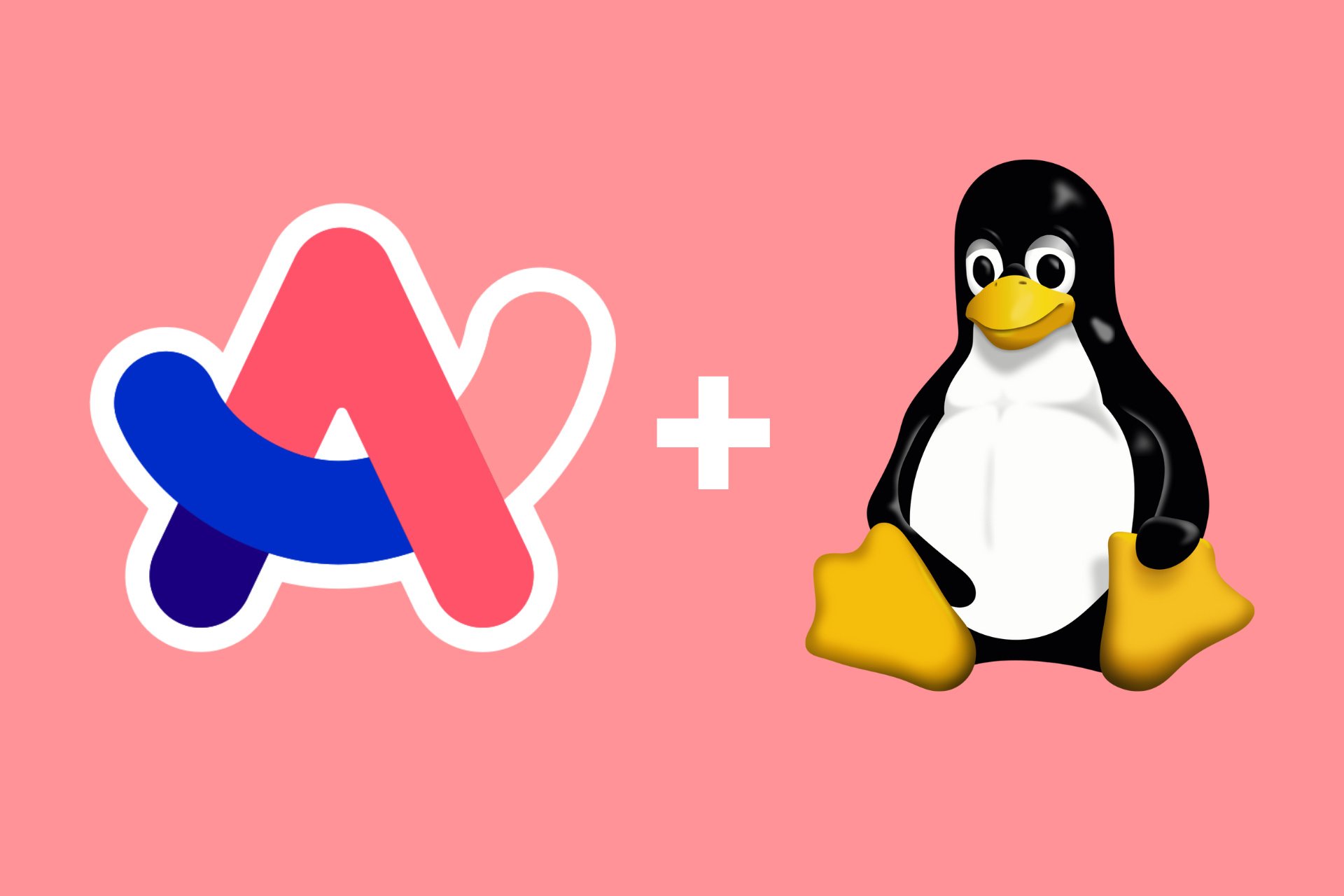
User forum
0 messages